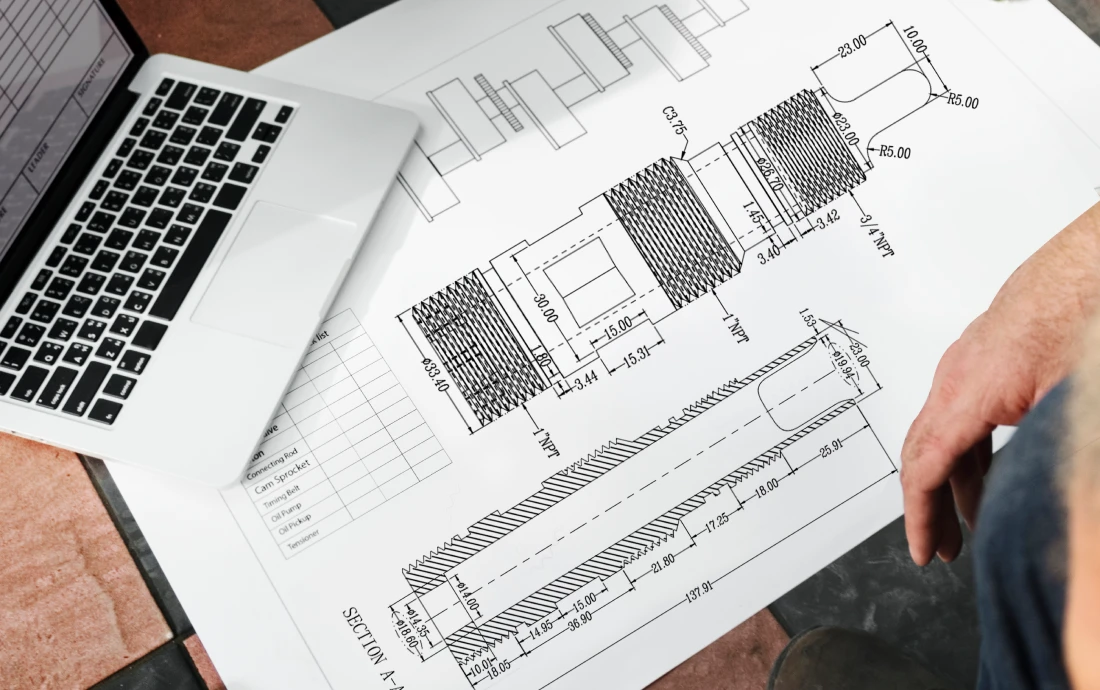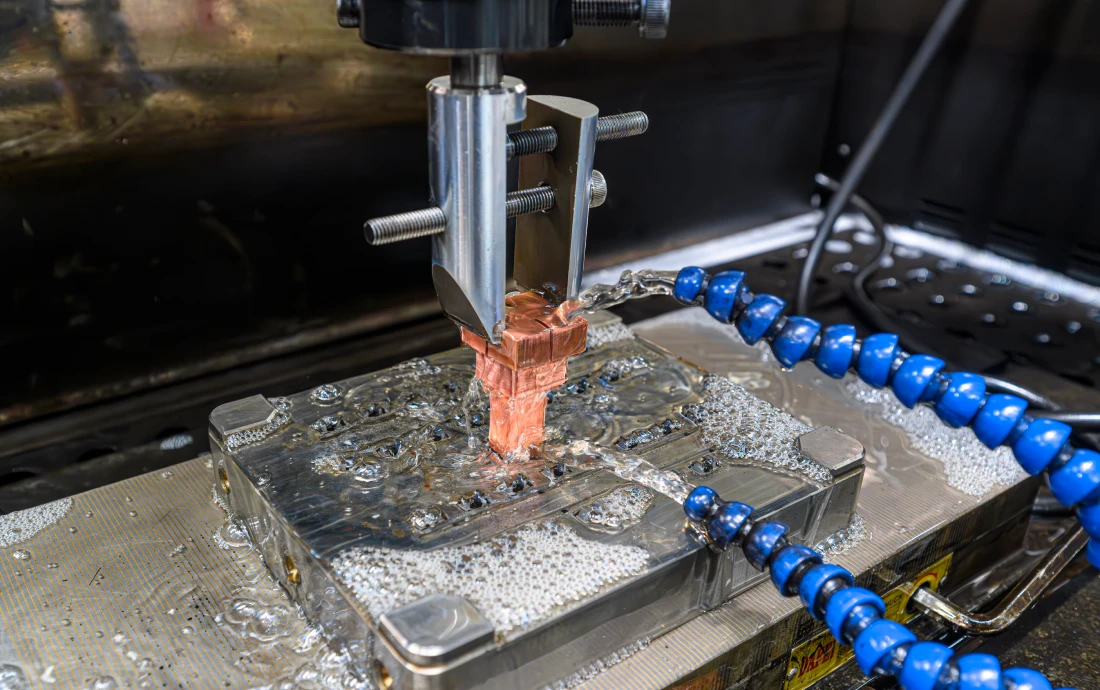- Home
- On Demand Manufacturing
Fox mold
The One-Stop Shop for On-Demand Manufacturing
Fox Mold understands the growing need for on-demand manufacturing for both short and long run production.
We meet this need by offering a one-stop production process focused on meeting your diverse needs as quickly and efficiently as possible. We cover not only part production, but also other services such as design customization and mold making for a complete sourcing experience.
/
Fox mold
On Demand Manufacturing /
㎡
Factory Area
Injection Molding Machines
Liquid Silicone Rubber (LSR) Molding Machines
+
Experience of Manufacturing and Assembling
Let Our Numbers Do the Talking
Don’t just rely on our words – witness firsthand the production capabilities of Fox Mold.
Our Parts Production Capabilities
One-Stop Services
We support more services to meet your needs. You can count on Fox Mold to handle any molding project and make any product imagined come to life.
FAQ
What is On-demand Manufacturing?
Definition
On-demand manufacturing, or made-to-order or custom manufacturing, involves production of products only after the placement of an order, without any pre-production inventory. This approach is antithetical to traditional mass production based on forecasting demand and warehouses full of merchandise.
How does On-demand Manufacturing Work?
On-demand manufacturing witnesses the following procedures in many manufacturing houses:
1) Order Placement and Quote Issuance: Cloud-based technology has led to high-end websites where companies can upload models on behalf of their customers and get a quote directly from the manufacturer on websites in real time.
2) Upfront Payment: Production is only started after payment is made for the exact quantity of product ordered.
3) Product Fabrication: The manufacturing process comprises quick prototyping and then production. 3D printing and computer numerical control machining are the technologies that are generally utilized for production on demand since they have relatively less production time and are less expensive in comparison to traditional plants that take more machines and more time.
What are the Technologies used in On-demand Manufacturing?
Below are common technologies employed by manufacturers for an on-demand manufacturing system.
1) 3D Printing: 3D printing is a standard technology used across various industries to produce prototypes before custom manufacturing and to produce small quantities of products to confirm product functionality or meet on-demand orders.
2) CNC Machining: CNC machining is typically employed where high precision is needed in the product. The automated nature of CNC technology makes it suitable for rapid production cycles.
3) Sheet Metal Fabrication: This involves the manufacture of a product from a flat sheet of metal (typically copper, zinc, tin, steel, and aluminum) ranging from 0.006 to 0.25 inches. Common applications are seen in the automotive industry, aerospace, and robotics for making end-products such as enclosures and panels.
4) Injection Molding: Injection molding is a cheap manufacturing technique suited for high-volume production. Here, a molten plastic is injected into a mold to form a desired shape.
5)Selective Laser Sintering (SLS): SLS is a manufacturing technique that utilizes a laser to sinter nylon or polyamide powder, solidifying it into a desired shape. It is adopted for low-volume production.
6) Direct Metal Laser Sintering (DMLS): DMLS employs the same process as SLS. The only difference is the use of metal powder instead of nylon or polyamide-based powder. It is well-suited for crafting high-performance components.
What Are the Use Cases of On-Demand Manufacturing Services?
On-demand manufacturing services are used in industries where flexibility, speed and cost are all critical.
They are a great solution for rapid prototyping allowing designers to quickly and easily test many iterations and designs without expensive tooling, low and medium volume production, and especially for startup companies and niche product lines using limited volumes where mass production would be excessive or risky.
Industries that use on-demand manufacturing generally include:
1)Automotive
2)Aerospace
3)Medical
4)Consumer Electronics
5)Architecture
Other areas of on-demand manufacturing that can provide real value include bridge production (bridging prototyping with mass production), spare parts and replacements, and customization or personalization.
On-Demand Manufacturing vs. Traditional Manufacturing
On-demand manufacturing is a technology-enabled, client-centered, "as-needed" manufacturing model to minimize inventory and material take-up. It is usually based on technologies like 3D printing, CNC machining, sheet metal fabrication, or low-volume injection molding.
Traditional manufacturing was designed to utilize large scale repetitive production with long set-up time and costs, as well as a lot of inventory management.
| Feature | On-Demand Manufacturing | Traditional Manufacturing |
|---|---|---|
| Production Volume | Flexible | High volume |
| Lead Time | Fast (often within days) | Slower (weeks to months) |
| Flexibility | High – iteration is easy | Low |
| Inventory Costs | Minimal | High |
| Sustainability | Reduce inventory waste and produce on demand | The risk of overproduction and high inventory costs |
| Unit Cost | Higher per part (low volume) | Lower per part (high volume) |
On-demand manufacturing is, by far, the best solution in situations where speed, customization, or flexibility is more important than scale of economy.
Why Choose Fox Mold for Your On-Demand Manufacturing Supplier
We assure you of a peerless experience of value because we offer precision manufacturing and engineering under the same roof. We provide it all – from plastic injection molding, to CNC machining, and low-volume production - meaning you can enjoy quality and speed for your entire product life cycle.
You should choose Fox Mold because:
1)We support your project from design verification to production, assembly, and post production.
2)We offer flexible volume capabilities from prototypes to runs of more than 100,000 production orders.
3)Our speed from quotation to DFM feedback help minimize lead time while avoiding costly mistakes.
4)We excel in precision tasks that require strict tolerances. This is particularly helpful in automotive, electronics, and consumer markets. Our small sample runs enable quick and simple debugging of troublesome designs.


